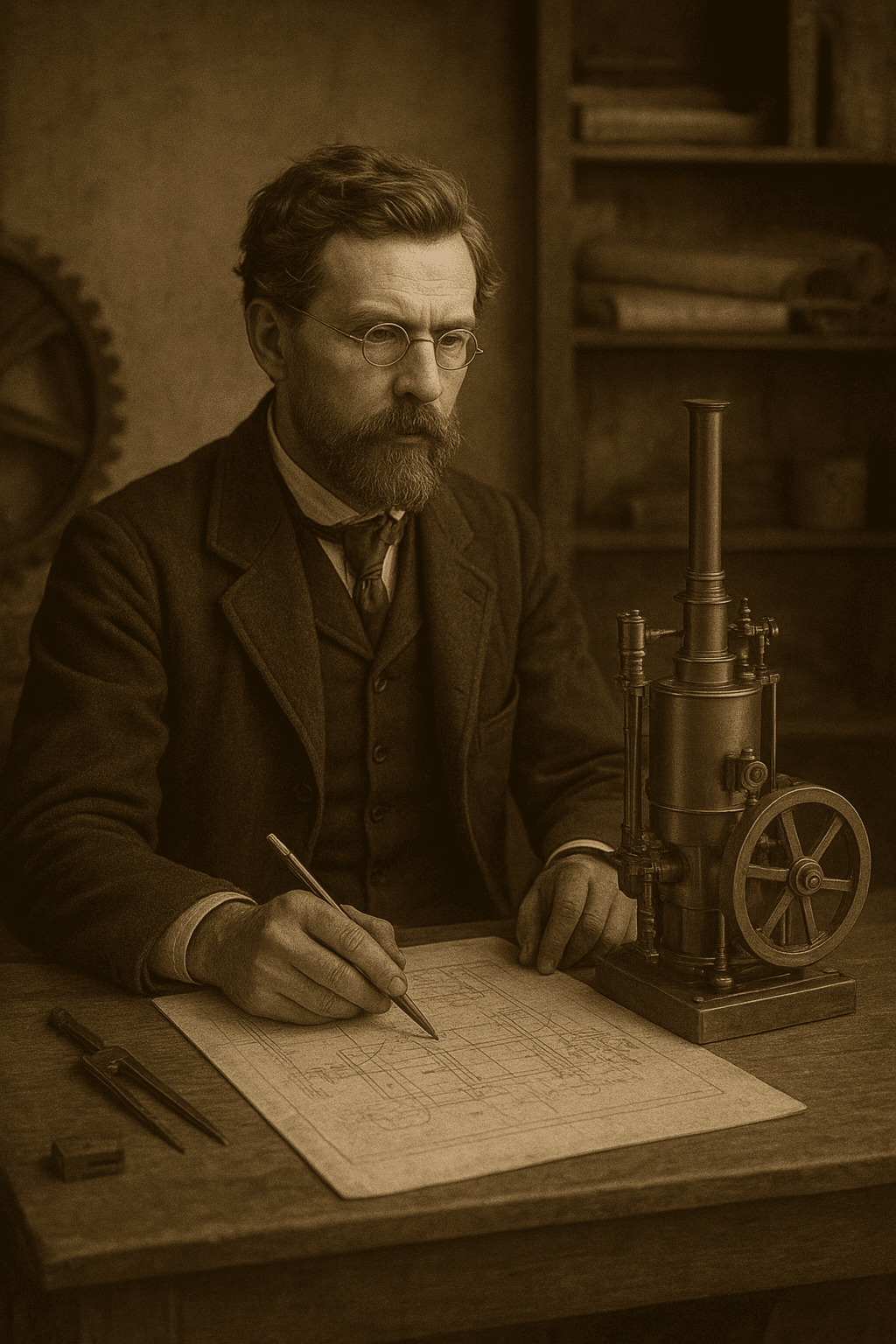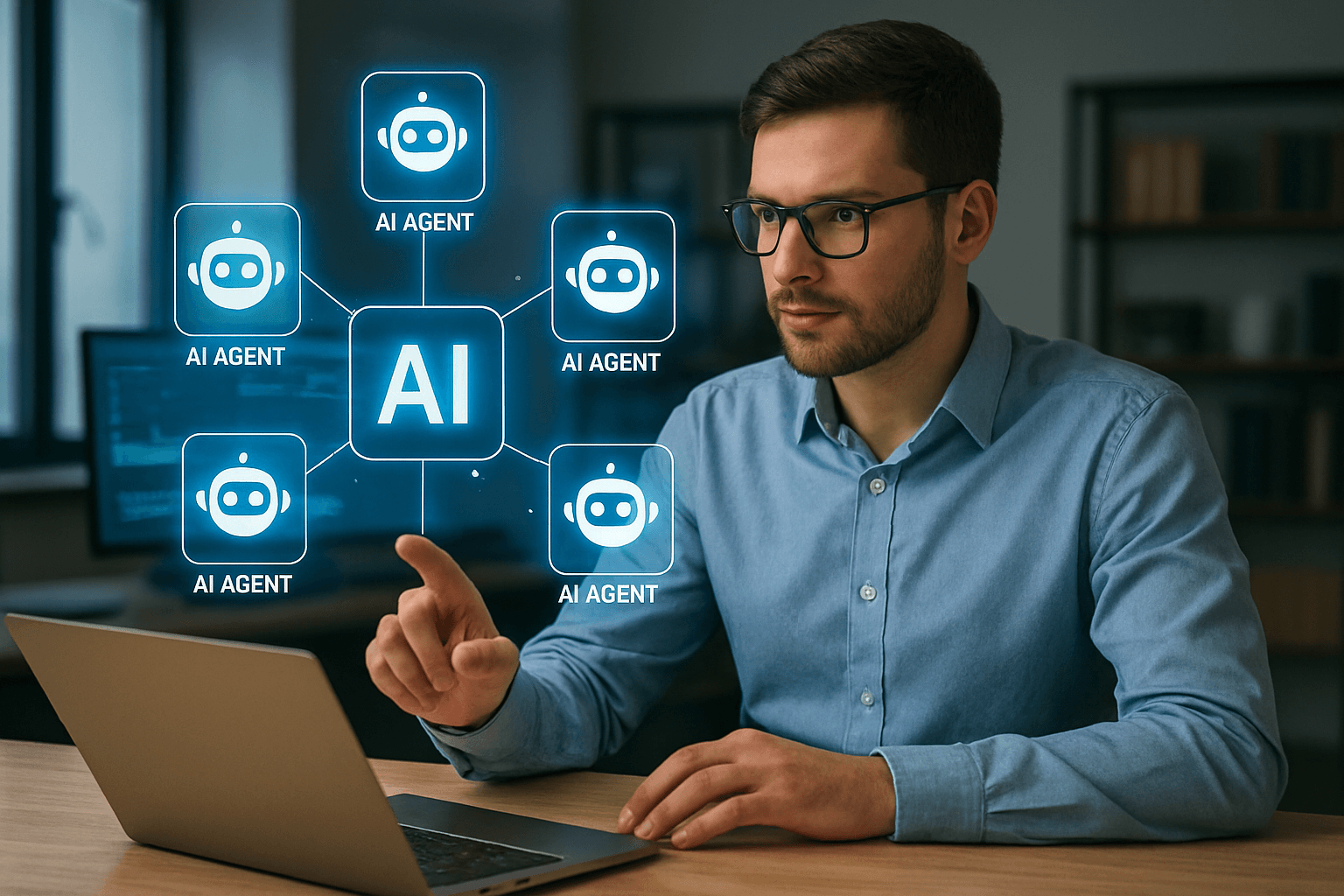Learning at the Age of AI
Nov 1, 2025

When I was just another awkward teenager I was fascinated by computer books. I would browse new arrivals at my local Chapters or Indigo bookstore and dream of saving money to purchase and place these on my bookshelf. For some reason during the peak of the dotcom bubble I thought that studying several books thoroughly will make me a programmer. If you think about it - Knuth or even K & R required tremendous effort to deeply understand and master. However, I was chasing the world which no longer existed.

Even when I started college, a programmer job was quickly disappearing and being replaced with a Software Engineer - a guy or gal who does more than just writing code. With that change deep understanding of language structure became less important. Other skills became far more crucial - holistic understanding of complex systems, debugging across the full stack, following existing codebase patterns and leveraging version control systems. When I started my first job I realized that knowing to program (i.e. solve isolated problems such as implementing an algorithm or designing a database) does not take me very far. The change has only accelerated in the next 20 years.
The World Biggest Bookstore with C++ manuals went out of business shortly after I graduated from Ryerson. Books were replaced eBooks and eBooks by eLearning platforms such as PluralSight or Udemy. The availability of training materials has exploded yet the quality suffered. It takes 10 thousand hours to become a master of something - and our employers expect us to be get there yesterday. People are just too busy to get too deep into training. When my employers at a time sent me for training I was amazed how little interest and attention participants had. The pattern has recurred - I could be the only one at the workshop listening - maybe I just felt bad since so much money was paid to send me there.
Even Wikipedia and StackOverflow are quickly becoming stale. It seems quite logical to me. Why should I check Wikipedia when ChatGPT can answer my question off the bat?
So lets sum this up. Last century - deep understanding was possible.
- The timelines were much more generous. Projects took years and teams took time to create quality documentation.
- Slower stack change. No Kube Control Plane updates every 3 months.
- Smaller codebases. One person could understand the code and its major dependencies. Things are too bloated now and change too fast.
- Local work - less dependence on the network. Right now even if my code remains static npm or pip updates can bring my system down.
- Less pressure to ship "yesterday". More time to include cleanup cycles and reduce tech dept.
- Overall better product quality. Probably due to the above reasons.

Is an engineering profession going full circle? A 19th century fictional engineer I admired as a kid has invented, designed, assembled and commanded a submarine. A 20th century real world engineer (my late father) - was a member of a team performing mechanical design for specific tools used by the Soviet Navy. Engineering went from polymathy to specialist - are we headed back to engineer that owns the product end to end?
In theory it is possible for a single individual to orchestrate a fleet of AI agents. One agent managing infrastructure, another CI/CD, then front end, back end, integrations, unit tests... Whether companies would give so much power to a single individual remains to be seen. What is clear - the engineer of tomorrow will require significantly more training - Devry and Bootcamps won't cut it. Despite extensive training the system owner won't know every detail unlike Leonardo da Vinci or Captain Nemo. We will probably have to accept that the mid-21st century systems engineer will know about code about as much as today's typical full stack developer knows about diodes, transistors, resistors and capacitors.

Tradeoff - less depth more breadth
So the challenges are
- Figuring out what is important. Only experience can help here. Having a great mentor can definitely make a difference but is no substitute for grinding days, months and years.
- Holistic systems cannot be taught with books. Again, very difficult for a rookie. May need internships after graduation just to become job ready.
- Study through experiments. That was true at time of Archimedes - and remains true today. Even regulated systems such as ones handling live payments can be bisected and analyzed. At the age of the cloud there is not need for servers and wires in the closet.
- Tune out distractions. Exceptionally hard for a generation of Sigma boys and girls being raised on Italian Brainrots. Take these kids on wilderness kanoeing? Vipassana retreats? Volunteer on a farm? Good luck with that.
- Commit to lifelong learning. If you want to become an engineer entering the workforce in 2030s and 40s you will likely require as much training as a doctor or lawyer in 2025. And you won't stop after getting your job. You will keep learning till retirement. Accept that in this field change is the only constant.
I don't know if I want my son to be an engineer, to be honest. Obviously, I am not in the business of picking his occupation. But the opportunity is immense. You just need to love it. How to figure out if you really love it? That is quite simple. Would you keep building systems if you won a lottery today?
Message me and let me know!